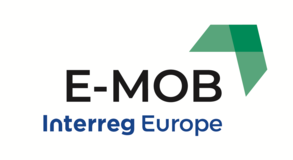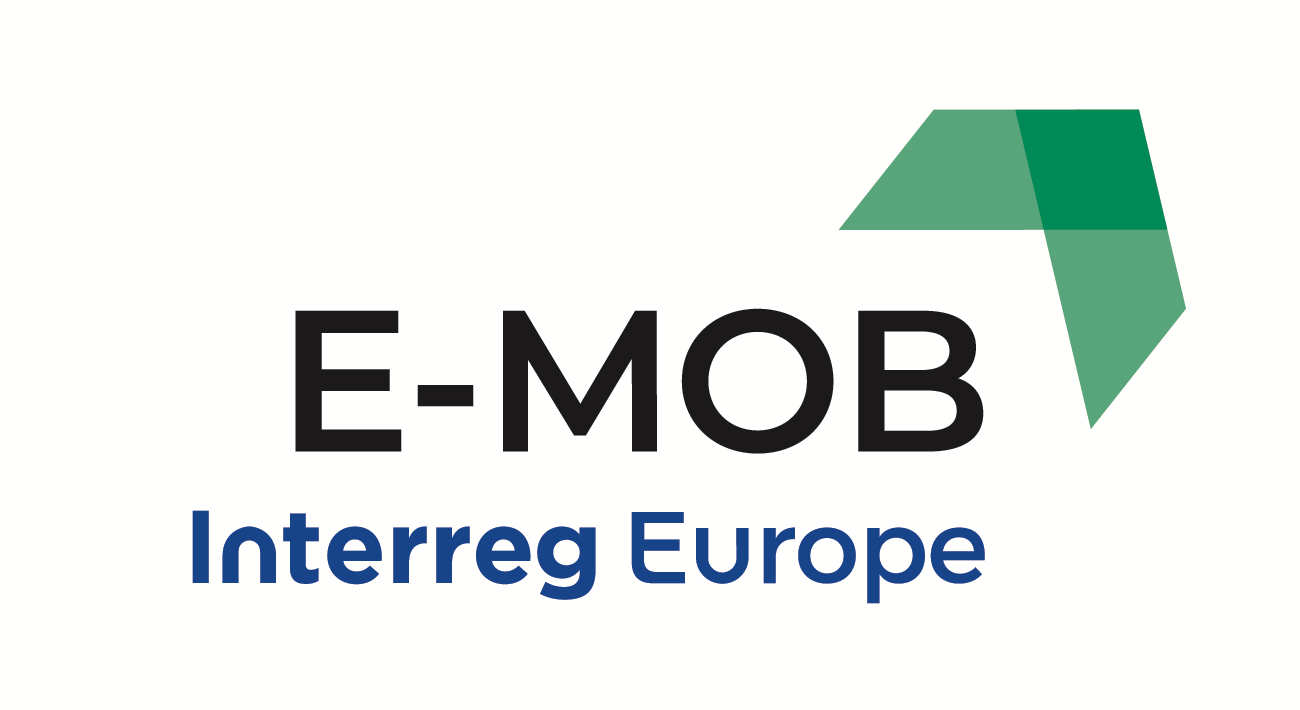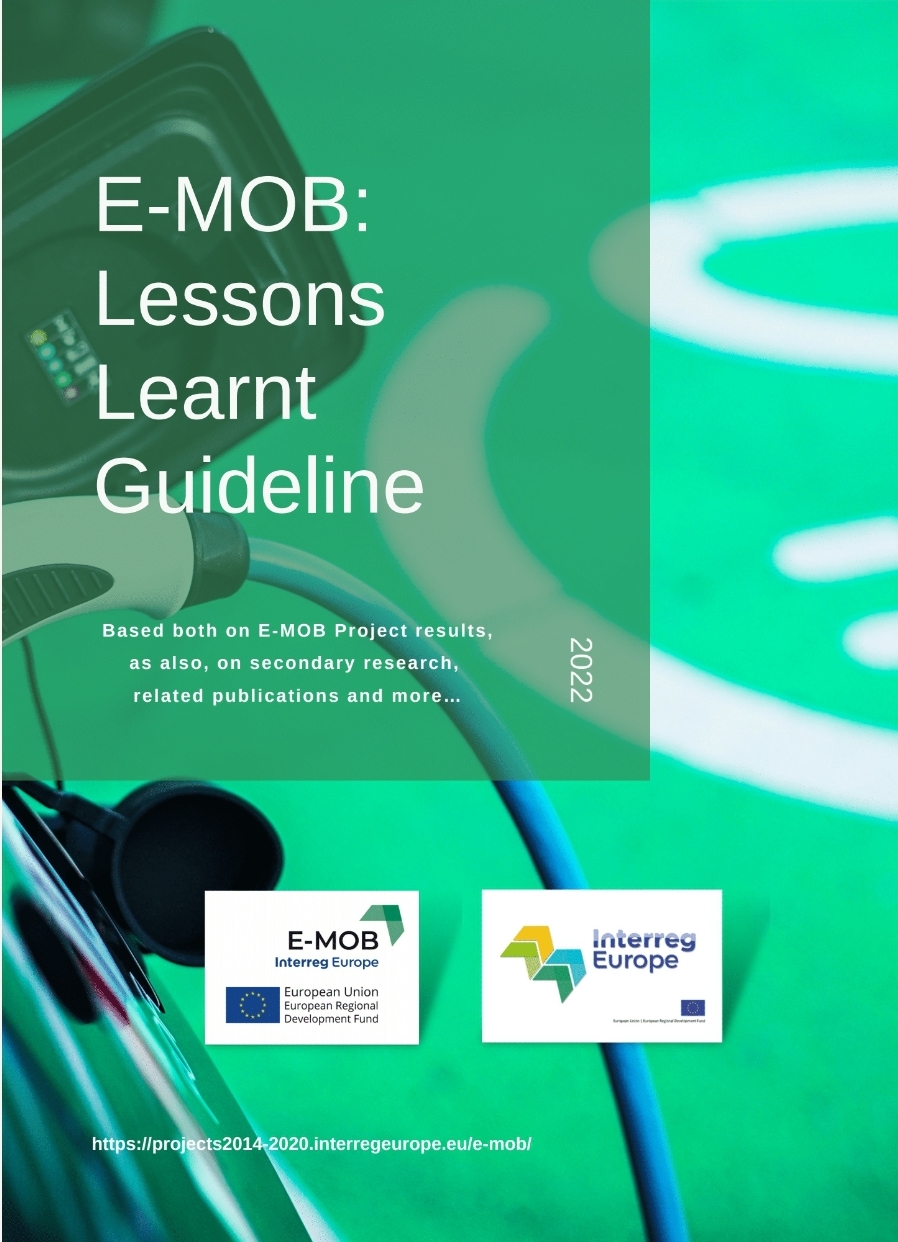1. Tell us something about this institution or company. What does it deal with, what are its values, how many employees do you have, etc?
The Aufbauwerk Region Leipzig GmbH (ABW) is a joint municipal cooperation of the City of Leipzig and surrounding administrative districts with over 20 years of experience in project management and specialized in the management and transfer of European projects results such as from Interreg Europe and Interreg Central Europe. Through its shareholders and political council, ABW possesses considerable political leverage to push for strategic policy development. ABW is a cornerstone in the importation of European best practices in terms of innovation policies and it enables the region to remain at a highly competitive level. As Lead-/Project Partner in over 20 EU-Projects in the last funding period, ABW brings in experience for transferring results from other EU countries for policy transfer.
2. Why did your company decide to get involved in the E-MOB project?
ABW managed and is managing several traffic and transportation related EU projects (e.g. DEMO-EC, ECO-CICLE). And as e-mobility is a high priority within the regional development in and around the City of Leipzig, the E-MOB project was developed to create an European exchange on strategies, best practices but also challenges in order to improve the implementation of e-mobility measures.
3. Have you participated in any project related to the electromobility in the past?
ABW is currently participating in the Interreg Europe projects DEMO-EC (PGI01985) as Lead Partner and ECO-CICLE (PGI05290) as Project Partner. DEMO-EC focusses on integrating mobility management in the city development and planning by analyse, exchange and disseminate good practice to improve the effectiveness of policies in the field of low-carbon in transport. ECO-CICLE on the other hand is trying to foster the bicycle as the official sustainable mode of transportation to access natural (recreational) areas. Furthermore, ABW is always trying to collaborate with other regional projects which related to their own. ABW recently established a cooperation with the Interreg Europe project 2050 CliMobCity which focusses on climate mitigation in the area of urban mobility and tries in particular to answer questions about CO2 savings in transport with the support of scientific research. It is managed by the City of Leipzig and its Economic Development Office. These joint regional activities are for multiplying the project results and for strengthening the regional network.
4. What are your expectations from the E-MOB project?
As the City of Leipzig made already good progress in defining strategies for sustainable mobility solutions and in implementing new approaches in electromobility, it is aimed to share these experiences. But with the insights from the implementations in different European countries it is expected to gain different points of view and to adapt them in the further development of the local strategies. Furthermore, ABW is hoping that all participating partner regions will contribute from the international exchange of knowledge and the professional input made by a variety of experts. As the project’s partner have all different stages in their current e-mobility management it will be exciting to accompany the progress of mutual learning and the development of the action plans.
5. What is the situation in your country with the topic of the electromobility?
In Germany, electromobility has a strong standing when it comes to transport development and vehicle production. It goes in line with the national strategy of energy efficiency and the use of renewable energy sources. Especially under the global challenge of climate change and its adaption, electromobility is fostered by many national programmes. Since 2009, around 3 billion Euro funding has been made available. At the moment, there 32 various German electric car models on the market and it is predicted that in 2022 around 1 million electric cars will be on German streets.






